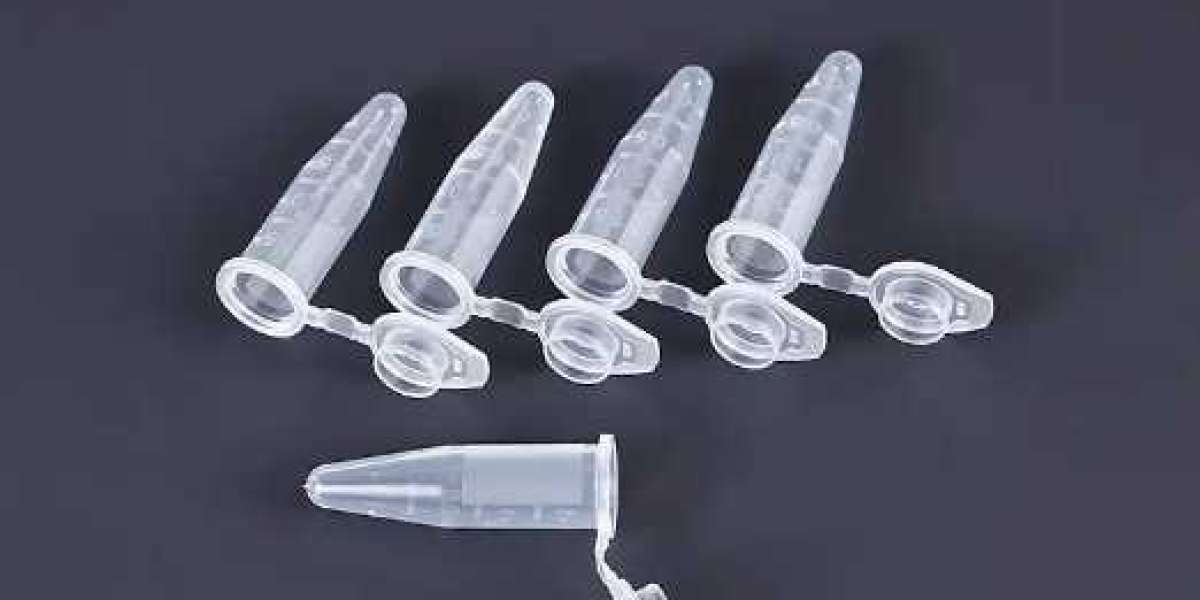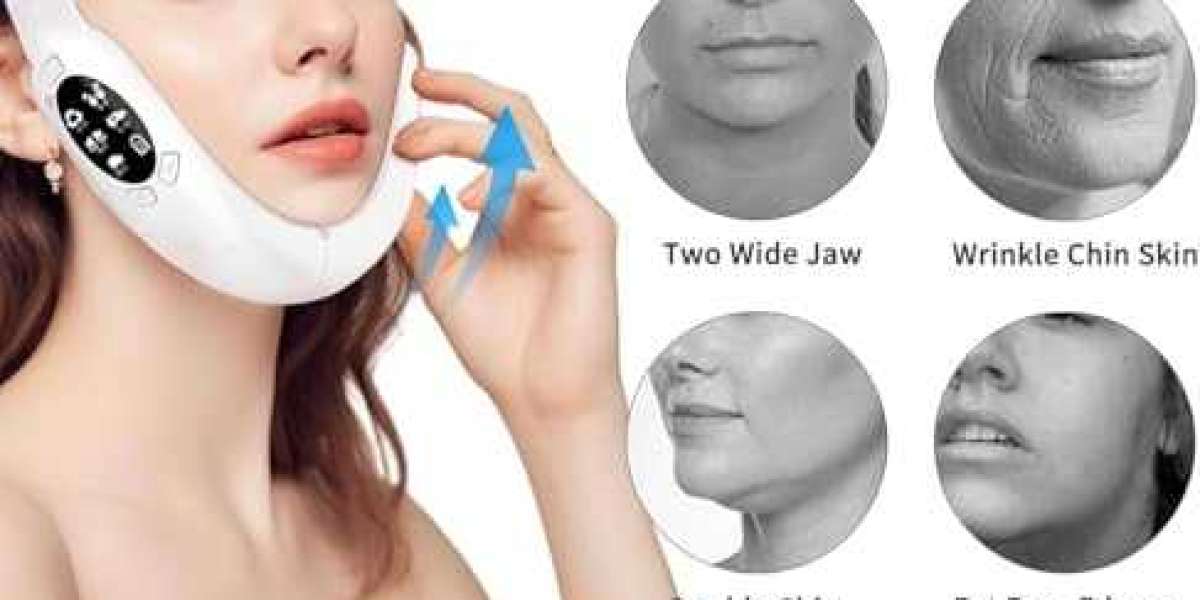Polypropylene is widely used in the production of medical consumables due to its versatile properties and cost-effectiveness. Medical consumables are single-use items that are essential in healthcare settings, such as syringes, vials, tubing, and packaging materials. Polypropylene, a lightweight and durable thermoplastic, is favored for these applications because of its strength, chemical resistance, and biocompatibility.
One of the primary advantages of using polypropylene for medical consumables is its ability to withstand sterilization processes, such as autoclaving and gamma radiation. This ensures that the consumables remain safe for use in medical procedures and minimize the risk of contamination. The material’s non-reactive nature also makes it suitable for contact with various fluids and medications, ensuring that it does not compromise the quality of the substances it comes into contact with.
In addition to its chemical resistance, polypropylene is also lightweight, which makes it ideal for disposable medical items. This reduces the burden on healthcare facilities that handle large quantities of consumables daily. The recyclability of polypropylene is another benefit, contributing to more sustainable practices in the healthcare industry.
Overall, polypropylene medical consumables play an important role in healthcare settings by providing safe, reliable, and cost-effective solutions for patient care. Their widespread use ensures that healthcare providers can maintain hygienic conditions and deliver efficient medical services.








